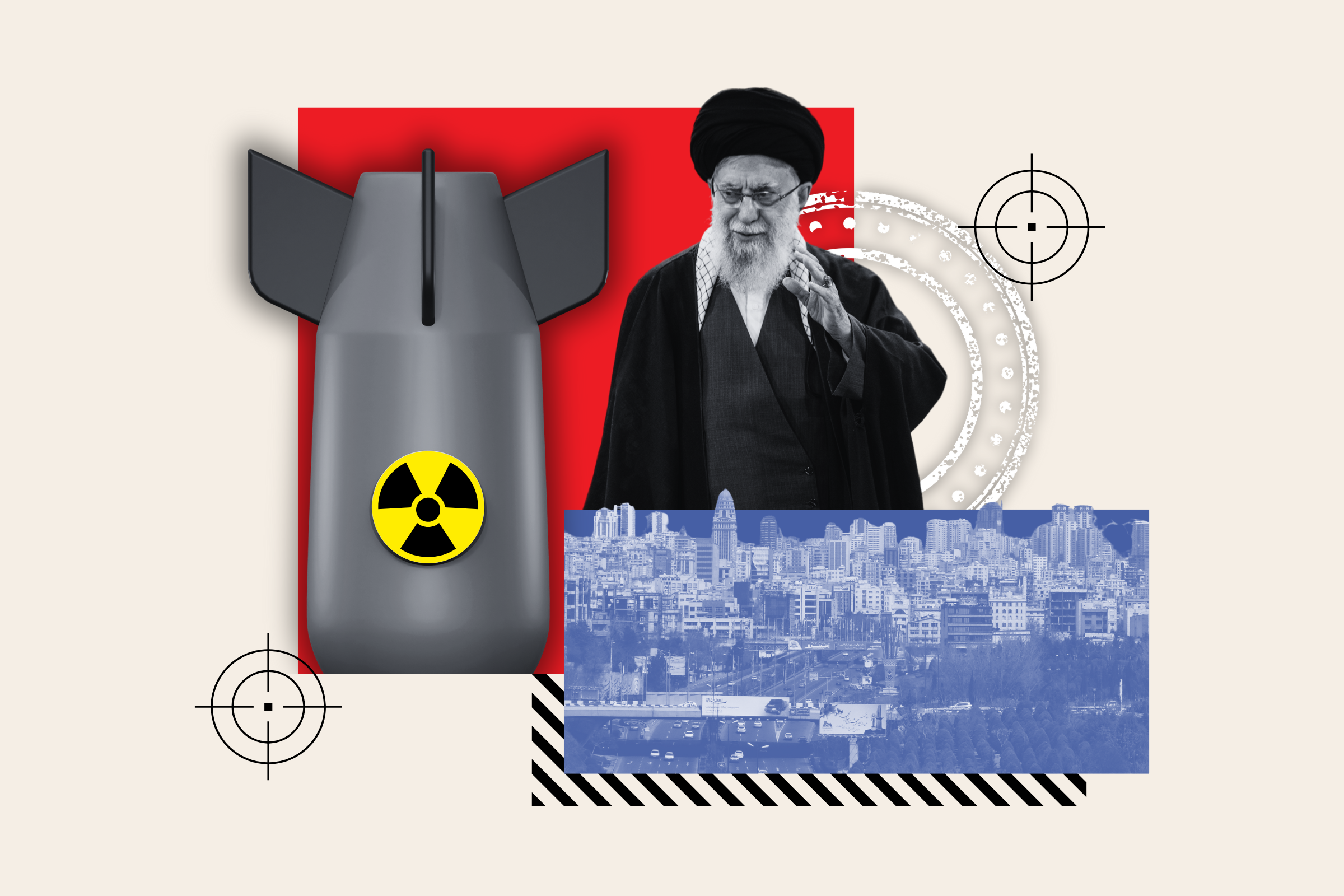An online "open letter from Jewish writers" dated Nov. 2, has struck a nerve. Written in ostensible "solidarity with those who continue to speak out in support of Palestinian freedom," the letter is in fact a sledgehammer-like attack on the State of Israel and its supporters.
The signatories to this letter include rabbis (thankfully, as best I can tell, only five), playwrights, journalists, poets, editors, artists, filmmakers, musicians, cartoonists, photographers, and university professors of history, philosophy, English, political science, sociology, anthropology, economics, Jewish studies, medicine, and law.
What is most frightening about this disparate assemblage of individuals is their collective impact. Each one of them conveys their antipathy toward Israel to others, and when they do so to impressionable young people who may look up to them as mentors or role models, they become truly dangerous as self-appointed apostles of vitriol.

As for the letter itself, it purports to "to disavow the widespread narrative that any criticism of Israel is inherently antisemitic"—a straw man if I ever saw one—but the authors show their hand by rejecting the proposition that Israel has any right to defend itself under any circumstances, even against an enemy like Hamas that not only is committed in its charter to the destruction of Israel but has demonstrated conclusively on Oct. 7 the length to which it is prepared to go to achieve its goal.
The letter makes a perfunctory reference to "the recent attacks on Israeli and Palestinian civilians"—creating a false moral equivalence between the 1,200 Israeli civilians intentionally and deliberately butchered by the Hamas killers on Oct. 7h and the Palestinian civilians killed during Israel's legitimate endeavor to protect its citizens from any recurrence of the Oct. 7 carnage. It also calls "for the safe return of the hostages in Gaza and Palestinian prisoners in Israel." They create a false moral equivalence between the approximately 240 hostages—the vast majority of them civilians, including women, children, and the elderly—who were violently kidnapped into Gaza by Hamas and Palestinian terrorists in Israeli jails who have been convicted of killing or wanting to kill Israelis.
The authors of the Nov. 2 letter are unrelenting in their condemnation of any and all support for Israel—what they clearly want is a forced Israeli capitulation to Hamas. They "call for a ceasefire in Gaza . . . and an end to Israel's ongoing occupation. We also call on governments and civil society in the United States and across the West to stand up against the repression of support for Palestine."
Glaringly, they do not call for an end to Hamas' brutalization of Jewish Israeli civilians. Indeed, Hamas is not mentioned even once in the letter, presumably because it represents, to paraphrase Al Gore, an "inconvenient truth."
The refusal on the part of the authors of the Nov. 2 letter to condemn Hamas by name—it is far more egregious than a mere failure—speaks volumes. They devote paragraph after paragraph to defending their anti-Zionism but cannot find the words to identify the killers whose slaughter of Jewish civilians sparked the present Israel-Hamas war.
Let's be clear: Debates over and disagreement with policies of the Israel government are not inherently antisemitic. On the contrary, they are a central element of the democracy that the present government, led by Prime Minister Benjamin Netanyahu, has sought to undermine and dismantle. Additionally, concern for Palestinian civilians in Gaza and seeking to alleviate their suffering is not only legitimate but constitutes a moral imperative.
In the same vein, criticism of the way Israel conducts its war against Hamas can be legitimate, as long as it's balanced. The Nov. 2 letter, on the other hand, is anything but.
I also do not subscribe to the theory that all Jews should speak with one voice. Those who want Israel to be a theocratically oriented autocracy have every right to express their opinions. So do the hundreds of thousands of Israelis and their supporters in the Diaspora who want Israel to remain both a Jewish homeland and a democracy in which all its citizens, Jewish and non-Jewish alike, enjoy full civil and legal rights.
What is appalling about the Nov. 2 letter, however, is that it serves as a self-righteous amen corner for those demonstrators across the globe who intertwine their support for the Palestinians in Gaza and hatred of Israel with antisemitic tropes that echo the hatred of Jews espoused by brown shirts 80 and 90 years ago.
In this regard, the authors of the Nov. 2 letter are no different than the "Jewish Voice for Peace" student group that Columbia University has just suspended for engaging in "threatening rhetoric and intimidation" during pro-Palestinian, anti-Israel demonstrations on that campus.
"Death to Israel" and "Jews will not replace us" emanate from the same antisemitic sewer. The authors of the Nov. 2 letter seem unwilling to even acknowledge that the cause with which they align themselves blindly and unquestioningly is also the source of a wave of ferocious antisemitism that endangers the safety of Jews throughout the world. They are entitled to their views, but they also must be exposed for who and what they are.
Menachem Z. Rosensaft teaches about the law of genocide at the law schools of Cornell and Columbia Universities. He is general counsel emeritus of the World Jewish Congress and the author of Poems Born in Bergen-Belsen (Kelsay Books, 2021).
The views expressed in this article are the writer's own.
Uncommon Knowledge
Newsweek is committed to challenging conventional wisdom and finding connections in the search for common ground.
Newsweek is committed to challenging conventional wisdom and finding connections in the search for common ground.
About the writer
To read how Newsweek uses AI as a newsroom tool, Click here.





